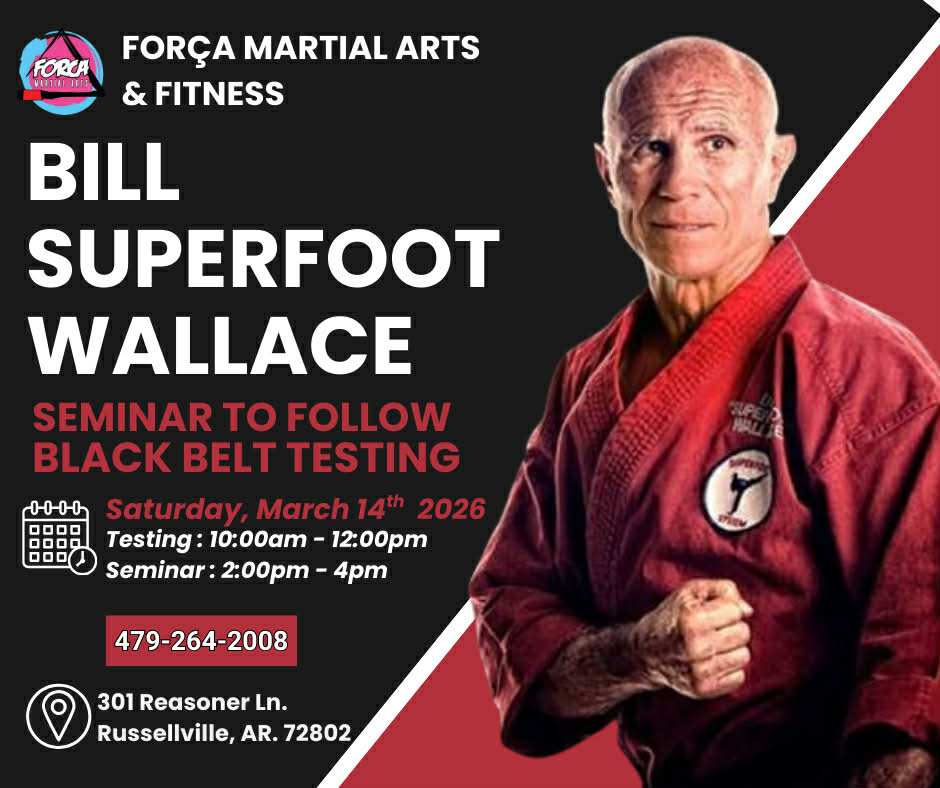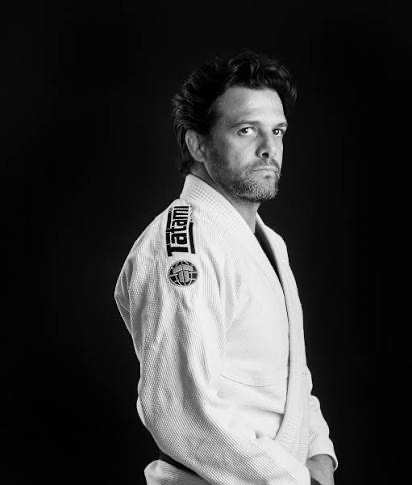The Well Worn Paths: What Learning Language and Learning Combos Have in Common
Oct 3, 2025
The Well Worn Paths: What Learning Language and and Learning Boxing Combinations have in Common
By: Meredith Martin-Moates
Every Monday and Wednesday Coach Brian calls out the combos: “shotgun,” ‘thirty eight!” “1-8.” We throw the punch combos from memory, tapping into well worn paths in our brains. We hear the words and the body follows. But it never starts out that way.

About the Author
Meredith Martin-Moats is a Dardanelle native, farmer, writer, folklorist, and lifelong learner. She directs community and literacy projects in the River Valley, co-founded the McElroy House cultural nonprofit, and runs Sulphur Springs Truck Patch farm with her family. A mother and boxing enthusiast, she balances training, writing, and caregiving with her love for animals, language, and community.

Boxing with Your Brain
When you’re learning a new punching combo it’s super awkward. You feel like you’re moving through molasses as you try to sync up your memory to your muscles. There is another place in my life where I get that same disjointed, slow-motion feeling: practicing a second and third language.
I’m a certified nerd, and when I’m not boxing, spending time with my kids, gardening or working, I’m learning language. I’m an intermediate Spanish learner and a beginning Russian learner. Why do I spend time learning languages, you might wonder? To a large degree it’s for the same reason I walked into the Straightright Boxing Gym years ago: I'm an anxious person.
You may be thinking, “wait, I thought this was a boxing post. I don’t want to hear all this nerd and psychiatry talk! Please get back to the sweet and violent science.” But stick with me. Just like a coach teaches us how to break down long combos into a clear series of punches, we’re going to eventually tie all this together.
I’m very open about my long-time struggles with anxiety. And thanks to my openness and research, in recent years I have learned how to channel it into something useful for the community. Do you need an emergency plan? I’ve got you! I have probably thought of almost every worst case scenario and I have a game plan for how to weather it. Flooding, tornado, famine, heat wave, whatever it is, I’m (somewhat) prepared. When I am in a mentally healthy place I can take all my worries and overthinking and put them to good use. I can imagine the worst, make a plan, and then move on, knowing I have done what I can. The rest is outside of my control and that knowledge brings me some manner of deep peace. I channel my anxiety into action.
But for years anxiety channeled me. I went to therapy and took meds, both of which were, and are, extremely helpful. But when it comes to long term prevention, boxing is my go-to practice; specifically training for sparring. The cardio, the striking, and the chess game-like mental effort it takes to fight, keeps my brain and breathing in check. It’s essential to my mental health.

To a large degree I learn languages for the same reason: language learning gives my brain patterns to explore and puzzles to solve. And I need a puzzle. If I don’t give my brain something to study, it will just create its own puzzle. Next thing you know I’ll be googling whether or not asphalt is flammable under the right heatwave conditions and the exact number of nuclear weapons available in North Korea. Obviously, that’s not healthy.
But I can’t just FORCE my brain to stop its hamster wheel anymore than I can out-muscle a smart striker. My brain craves a puzzle. It won’t stop just by me telling it to (trust me; I’ve tried). And in this way my brain is a bit of an opponent in the ring. Fighters know that dealing with an opponent isn’t just about brute strength or force. It’s about strategy. I’ve learned one way to dance with my own anxiety is to supply my brain with a variety of healthy and difficult puzzles upon which to ruminate: verb conjugations or eight count punch combos, for example.
Lately as I move through memorizing new combos, I keep thinking about Russian. I’ve recently begun relearning the Cyrillic alphabet. The letters that look like Г,Ж,Й,ф and Я and the language contains many of the same letters we have in English...but they typically make different sounds. For example, a P makes the r sound. The B makes the v sound. Confusing, right? When I’m trying to slowly read Russian, it takes a ton of focus to move out of that well-worn alphabet path in my brain. Just like learning a new punching combo, the experience feels like moving through molasses.
Just last Friday during my mitt work session, Brian taught me a new combo: the long form of what Forca calls “the Benny.” It requires alternating cover blocks and doesn’t use the 1, 2 combo together. If you’re not a boxer, the 1, 2 combo (also known as the jab, cross) is THE most basic punching combo. Boxers are hardwired to follow the pattern, especially when they’re in a real fight. But a more advanced fighter has a whole host of additional patterns memorized, some of which actually disrupt the typical flow of the old one-two.
The Benny is one such example. A nine count combo, it switches up the one two progression adding an element of surprise. Even though my brain logically understood this new combo Brian kept calling out, my body kept sliding down the same old path trying to follow up the jab with a cross. After some practice, and a surprising amount of mental energy, I started to kinda get the more advanced combo. But it will take time and a whole lot of repetition before I can land it in sparring with any accuracy.
But here is what I am trying to tell you: That hard part? That endless repetition? That’s the part that keeps me sane. That’s the way I find the new patterns.
I’m certainly not a psychologist, and I’m really not that old, but I am one of the oldest boxers at the gym (and don’t you dare tell me I’m too old to fight :)) and I have done a little living. As I look around at the folks who come to train, I’m pretty sure one of the things that keeps so many of us coming back is because we’re all overcoming something; we’re all trying to rewire ourselves.

Boxing isn’t just this physical thing. It’s first and foremost a mental activity, a craft as nuanced as learning a new language.
For me, boxing (and its sister, language learning) provides me with tools to live in my own brain and body in healthy ways. Maybe boxing can help you, too.
You can come box with us every Monday, Wednesday, and Friday at the gym. You’ll find a welcoming atmosphere and lots of other adults just striving to learn something new.

Ready to Lace Up?
Join us at Russellville Boxing Club, 301 Reasoner Lane, Russellville, Arkansas. Classes run Mondays & Wednesdays at 6:15 pm with Coach Brian and Fridays at 5:30 pm with pro boxer and Golden Gloves champion Tim Amerson. All levels are welcome—come learn the patterns, find your rhythm, and get stronger in body and mind. Call or text 479-264-2008 to enroll or ask questions.
Other Blog Posts
Add breakpoints to your blank page, then drop sections to have them responsive out of the box.
Get Started
Learn More




